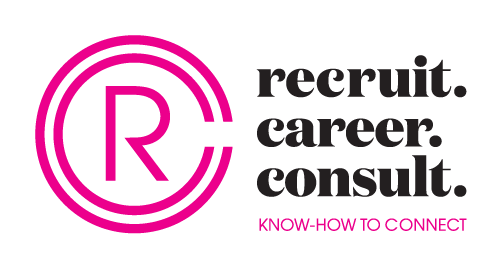We all know the feeling, your job interview is looming and you’re stressed to the max.Your palms are sweaty, knees weak, arms are heavy, mums’ spa…wait. We can’t help you become the next breakout rap star but we can help you prepare for your next job interview.
What if we told you that you don’t have to fumble your way through your job interview? What if we could prepare you for your interview so you walk in and dominate? During a job interview, there are some questions that will ALWAYS come up. Here are some of the most common job interview questions how you can answer them like a boss.
So, tell me a little about yourself?
If your anything like us as soon as you’re asked this question you completely forget who you are and start scrambling for answers. Heads up, your interviewer doesn’t really want to know how many followers you have on Instagram or about your boyfriend. Your interviewer wants to know about your experience, what skills you have, your education and if you’re new to the workforce.
Talk with conviction, keep your answer short and relating to the job you’re interviewing for. Make sure to hit the key points above you’ll ace this question.
Why do you want this job?
This is the interviewer’s way of sorting the wheat from the chaff so to speak. Your interviewer is trying to sort those who want any job from those who are passionate about the company and the role.
Forget mentioning money or perks – that’s the obvious reason. The best way to answer this question is by knowing the company and how you will fit into it. Use this question to outline your skills and how said skills will benefit the company. The reason you’re being interviewed is the company has a problem and they need to know you have the skills to solve it.
What did you like/dislike most about your previous job?
When you’re answering this question – keep it honest but positive. Talk about your past employer in a positive light and highlight the things you loved. One reason for asking this question is to find out why you’re dissatisfied and if you’ll be dissatisfied again under similar circumstances.
If you have to talk about the negative aspects of your previous role turn them into positives. Such as, “I just felt I wasn’t being challenged anymore. After a while the projects became repetitive. I thrive on being challenged”
Why are you leaving your current position?
This is another question that can be a trap as your interviewer is seeking a negative answer. The general rule is you should be leaving to move to a bigger and better opportunity. Never mention that your running from a bad opportunity.
Your interviewer wants to feel like they’re tempting you with a better offer. Use this question to focus on the opportunities that the new job offers. The company that’s offering the role is so extraordinary that you couldn’t possibly pass up an opportunity to work there.
What are your weak points?
This is quite possibly the worst interview question. When answering, less is always more. Give the interviewer one weak point and put a positive spin on it. We all have weaknesses and there’s no point pretending we don’t. But when choosing a weakness make sure it doesn’t interfere with the duties of the job.
One way you can do this is by looking at the skills and strengths required for the job and come up with an honest shortcoming that you can frame in a positive light. For example, “I’ve been told I speak too quickly when talking about products, because I’m so passionate about the brand. I’ve been practising my sales pitch and recording it to hear how I sound. I’ve been focusing on slowing down when talking with customers as well.”
What have you learnt from your mistakes?
The most important thing to remember when answering this question is, yes you made a mistake but, you learnt from it.
When discussing your mistakes put a positive spin on the situation. Your interviewer is assessing whether you hold yourself accountable for your actions and whether you turn mistakes into an opportunity to learn. Highlight your strengths. Show your interviewer that you’ve grown from the mistake. Emphasise what you learnt, and explain what you would do differently moving forward.
What is your expected salary?
What your answer is to this question could make the difference between getting the job and being paid what you’re worth.
While it might seem easier to try and skirt around answering this question it’s important to give an answer that you’ll be happy with. The first step in preparing for this question is research and a great recruiter should already have informed you on how much this role is paying. (e.g. in this instance, someone from Recruit Career Consult!). What are other people in the industry with similar positions and experience being paid?
Before you can make an informed decision you need to know more about the role and expectations. When answering, don’t feel awkward, smile and look the interviewer in the eye when giving your answer.
Lastly, silence is your friend. After you give your answer, remain silent. As soon as you pipe up with “is that okay?” Your interviewer knows they have the option to start bargaining you down.
Without a doubt, the most important part of preparing for any job interview is practice! Make sure to have an answer ready for every common question and make sure to focus on the positives. At the end of the day, just be yourself – the best version of yourself.
To find out how to answer the dreaded “have you got any questions for me?” question from your interviewer click here.


